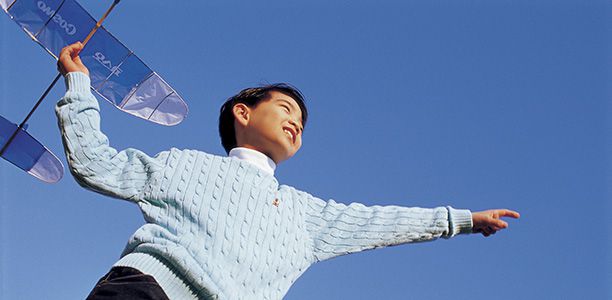Science is all around us in the everyday and parents and early childhood educators are being urged to join the journey and explore it with young children.
Deakin University Associate Professor Coral Campbell took to her message “science is in the everyday” to the profession last week showing early childhood educators at the Together We Grow conference how they could develop young children’s scientific understanding.
Educators tapped into their inner child and literally got their fingers wet and coated in plasticine as they explored why a paperclip sinks when you drop it into a tank of water yet can also float, minus the aid of a boat.
The successful session built on a popular ‘lecture’ Associate Professor Campbell delivered earlier this month to the Anglican Early childhood Conference, where theory was mixed with activity to bring out the science in the everyday.
“What we have to remember is that children start to explore their world from the time they are born,” Associate Professor Campbell said.
“It is natural for them to want to seek answers to their questions or puzzles about the world around them.”
Associate Professor Campbell, who with other academics at Deakin University’s Science Technology and Environmental Education group is working to improve science literacy among teachers, those entering the profession and students, said parents and educators might see children playing with paint, mixing different textures together.
“Mixing paint is a preliminary science concept “Coloured lights and paints can mix to form other colours’ which fits into the science area of the physics of light .
“Many children also throw things into the water and observe some things float while others sink. They conclude heavy things sink.
“Yet as educators we need to help them see that this conclusion is limited and are explanations are also applicable “.
“Without going into the rules of density we can help them see that it is the material something is made of that makes it float or not, or its shape, or any number of other explanations. A fish can be said to be floating in water even if it is not on the surface”
Associate Professor Campbell encouraged parents to join the journey with early childhood educators.
“We know many educators come from a humanities base and are timid with science and parents may share the same apprehension and wish to leave ‘teaching’ science understanding to the experts.
“But the impact parents have on their child’s learning is really significant.
“Science is about developing the skills we see young children exhibiting from birth, enquiring, problem solving, asking questions and reasoning out what something means – it is not just about knowing content.”
“This is something educators and parents can develop.”
(Source: Deakin University)










